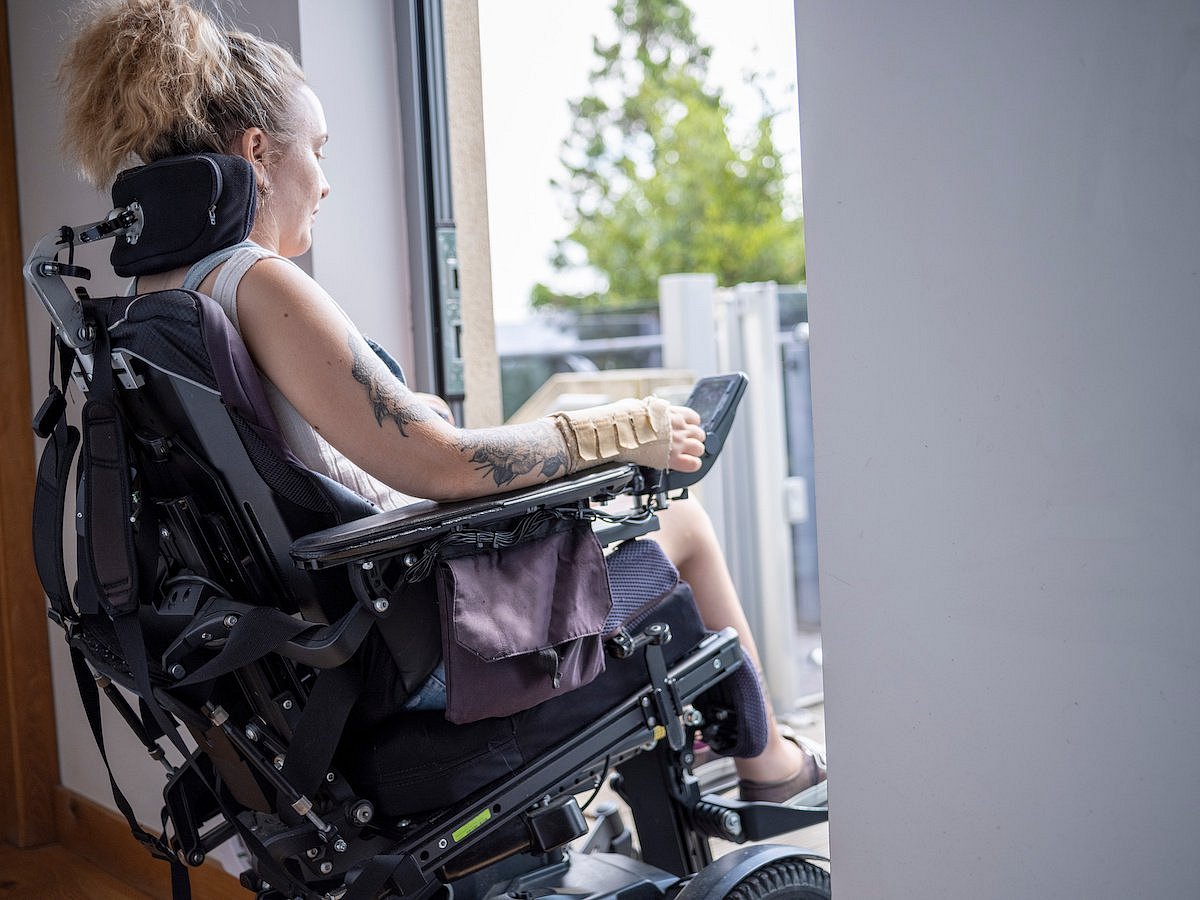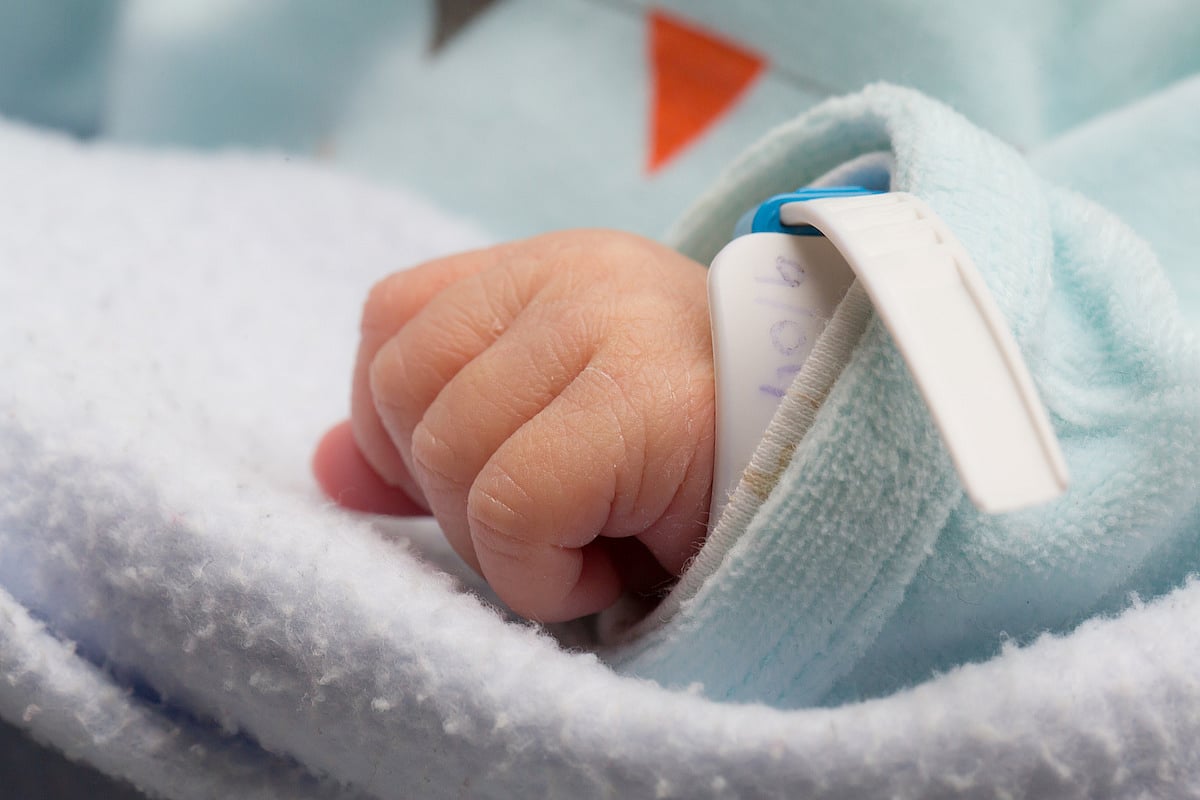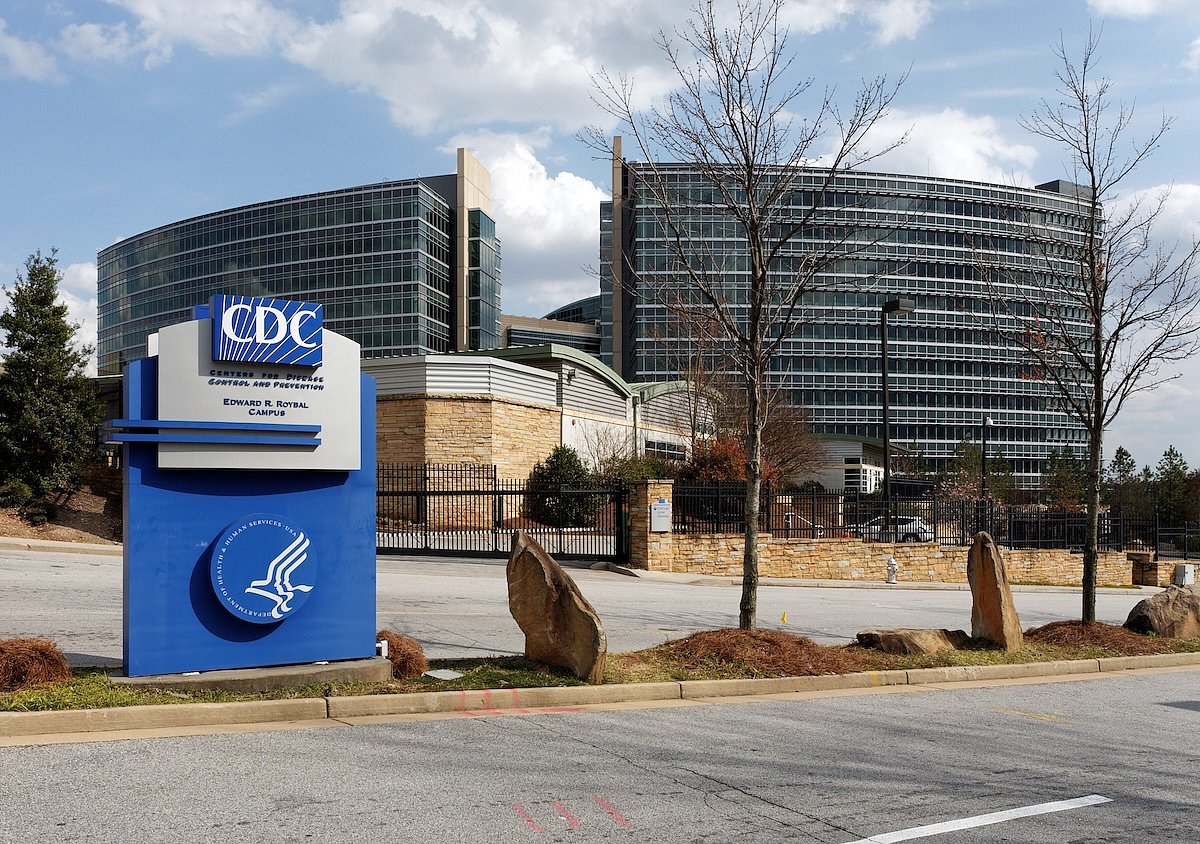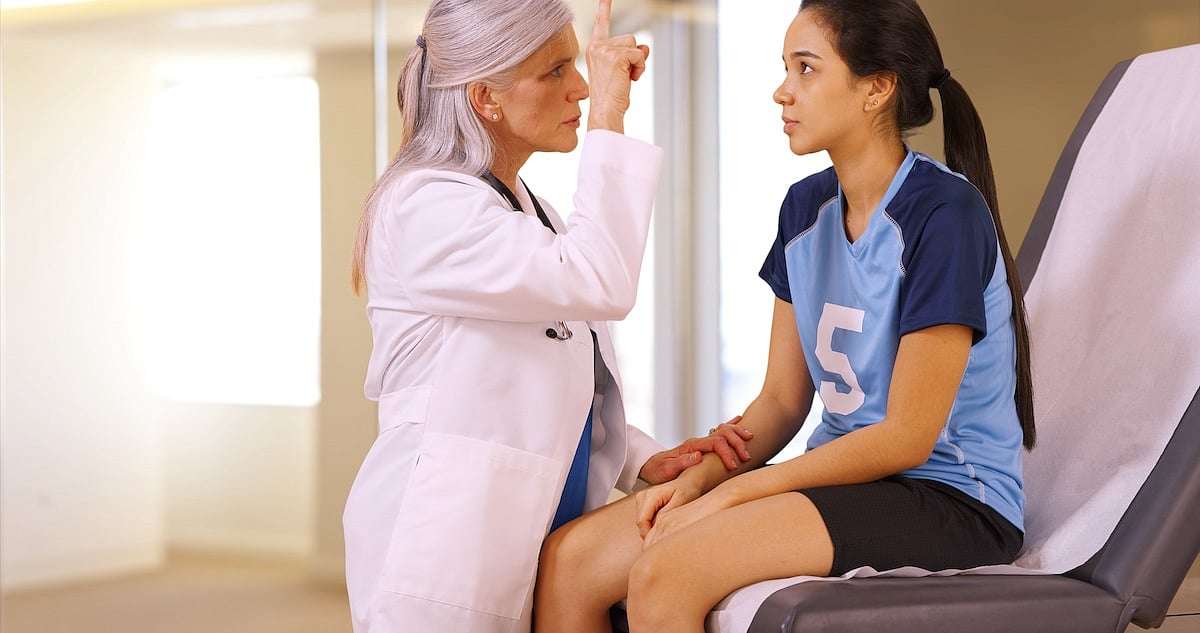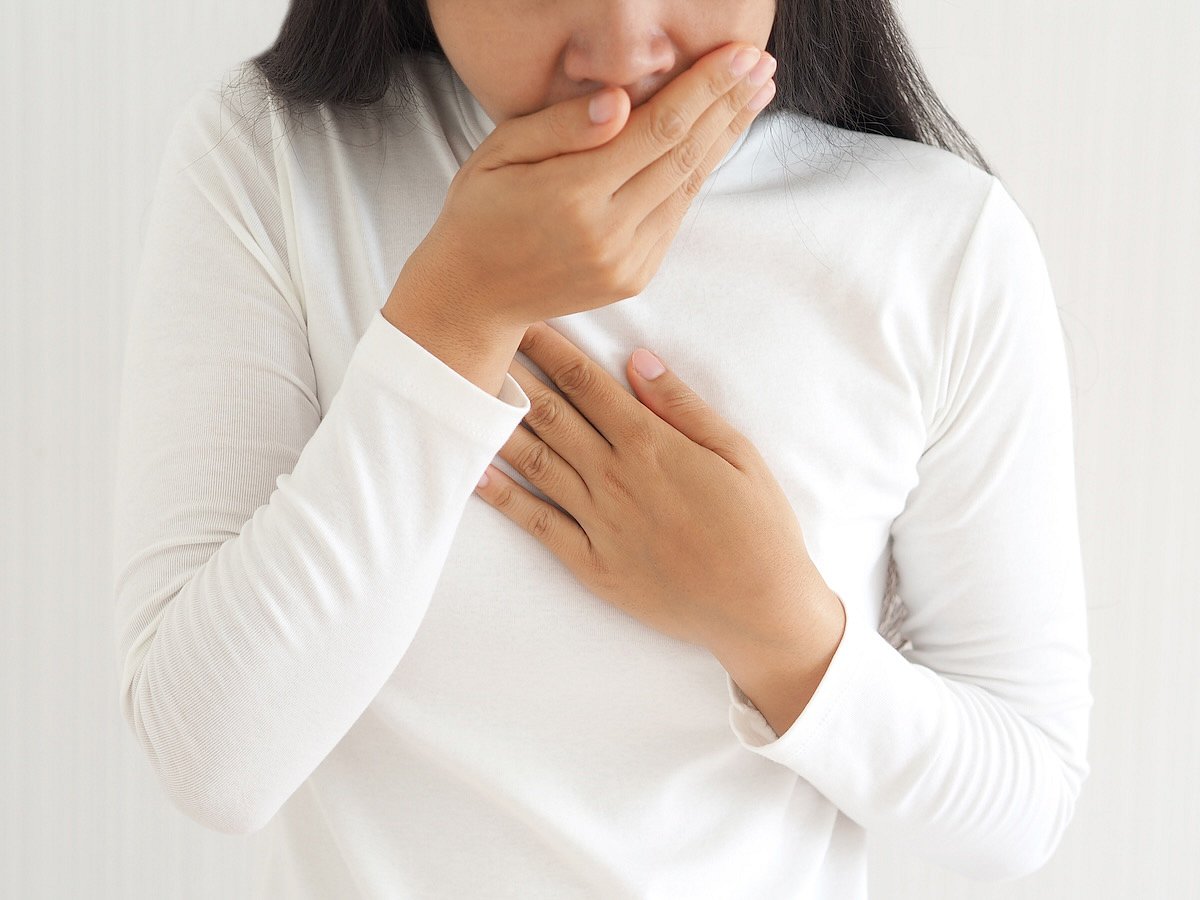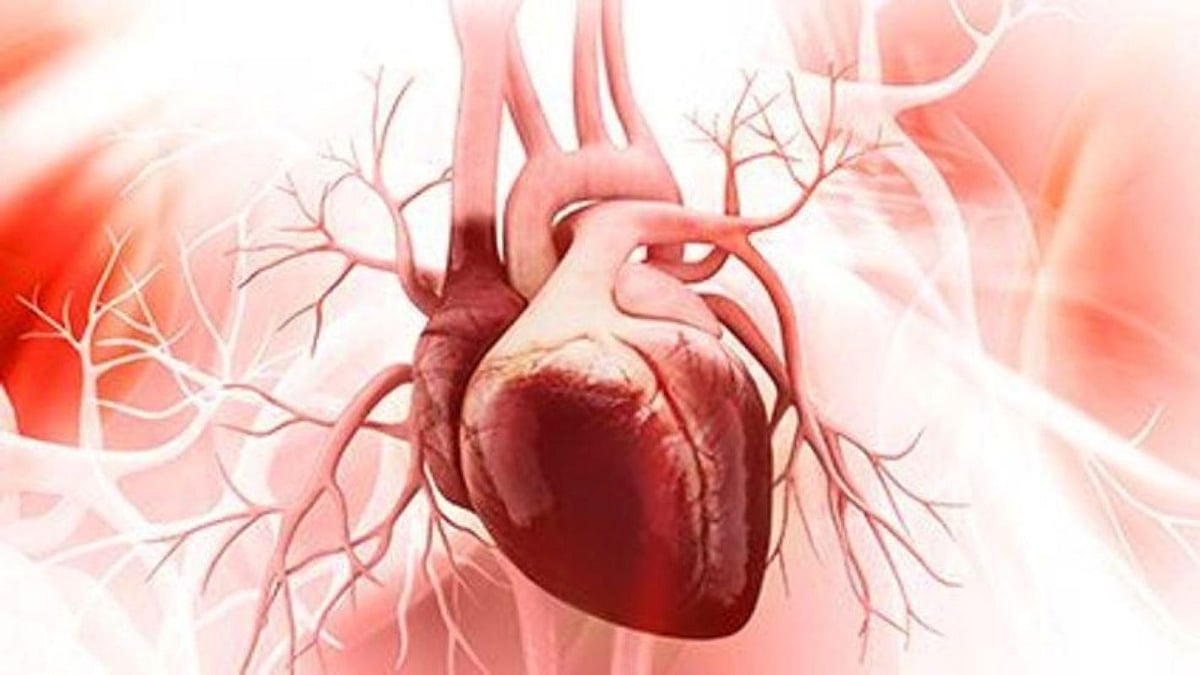
Heart disease remains the world’s top killer, causing 1 in every 3 deaths around the globe, a new study says. Worldwide, the number of heart-related deaths has risen sharply, climbing to 19.2 million in 2023 from 13.1 million in 1990, researchers reported in the Journal of the American College of Cardiology. Heart disease, brain bleeds,… read on > read on >










